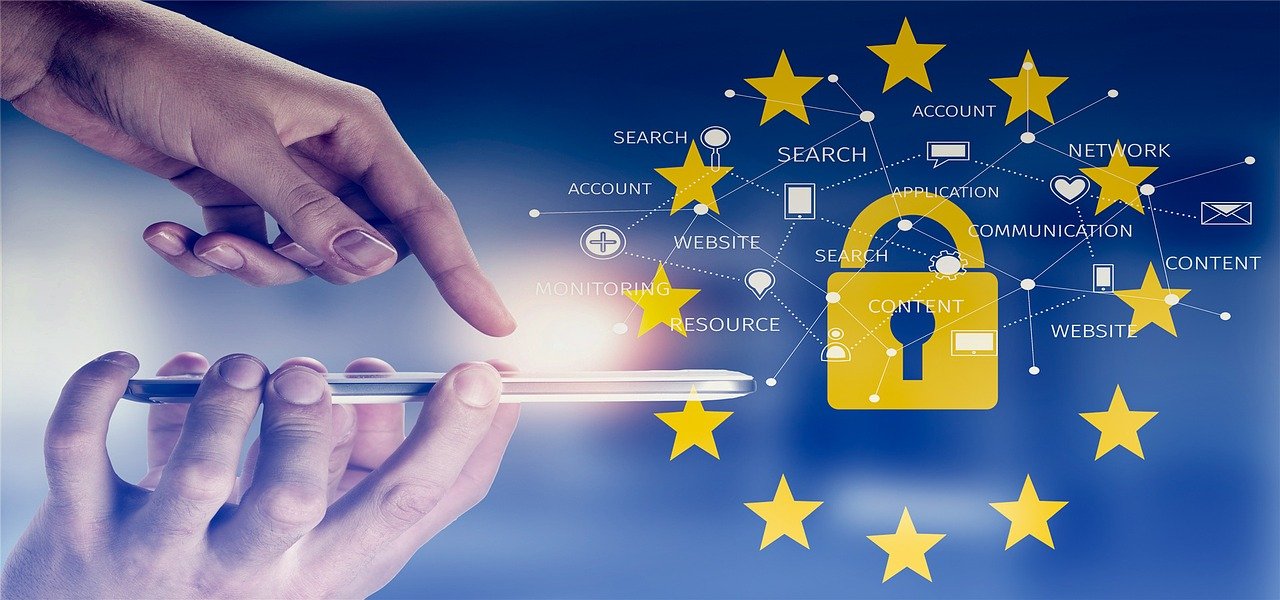Just as we protect our physical selves from harm, we must also protect our digital selves. In this blog post, we will discuss the various ways you can protect your digital persona from hackers and other online threats. We will also provide tips on how to stay safe online and keep your personal information secure. So, whether you are a business owner or an individual user, read on for valuable information on how to keep yourself safe in the digital world!
What is digital security?
Digital security refers to the measure taken to protect our online information and data from unauthorized access or theft. This can include our personal data, such as our name, address, and date of birth, as well as our financial information, such as our credit card number and bank account details. According to researchers at Guardio cyber security, hackers can use this information to commit identity theft or fraud. They can also sell it on the black market for others to use.
Why digital security is important?
The importance of digital security cannot be overstated. It protects our online identities and personal information from being stolen or used without permission, which is critical since identity theft, fraud, and other internet crimes are on the rise. Taking steps to safeguard our digital selves may assist us to prevent identity theft, fraud, and other internet misdemeanors.
What digital security tools are available to us?
There are many digital security tools available to us, including security browser extensions, anti-virus and anti-malware software, firewalls, and password managers. These tools can help protect our computers, devices, and networks from viruses, malware, and other online threats.
Tools for surfing the web anonymously
When we surf the web, our IP address is visible to every website we visit. This can be used to track our location and identity. To protect our privacy, we can use tools that will hide our IP address such as a VPN (Virtual Private Network).
Encryption software for the phone
There is various encryption software available for smartphones. This type of software scrambles our data so that it is unreadable to anyone who does not have the key to decrypt it. This is important if our phone is lost or stolen, as it will prevent thieves from accessing our personal information.
How to choose a digital security solution
When choosing a digital security solution, there are several factors to consider, such as the sensitivity of the data you are trying to protect and your budget. There are many free and paid options available, so do some research to find the best solution for your needs.
How can I improve my digital security?
There are many ways you can improve your digital security. Some of the most effective measures include:
-Using a strong password that is difficult for hackers to guess: A strong password should be at least eight characters long and include a mix of uppercase and lowercase letters, numbers, and symbols.
-Avoiding phishing scams: Phishing scams are emails or websites that appear to be from a legitimate source but are actually fake. They are designed to trick you into giving away your personal information, such as your username and password.
-Keeping your software up to date: Hackers often exploit security vulnerabilities in outdated software to gain access to your computer or device. By keeping your software up to date, you can help close these security holes.
-Backing up your data: Regularly backing up your data helps ensure that you will not lose important files if your computer or device is lost or stolen.
-Never share your password with anyone: Sharing your password with others gives them access to your account and puts you at risk of having your identity stolen.
-Using two-factor authentication: Two-factor authentication is an extra layer of security that requires you to provide a second piece of information, such as a code sent to your phone, in addition to your password when logging into an account.
Conclusion
Digital security is important for everyone in today’s digital age. By taking measures to protect our online information and data, we can help reduce the risk of identity theft, fraud, and other internet crimes. There are many digital security tools available to us, so there is no excuse not to take action! Do your research and find the right tools for you so that you can surf the web with peace of mind knowing that your digital persona is safe and secure.

